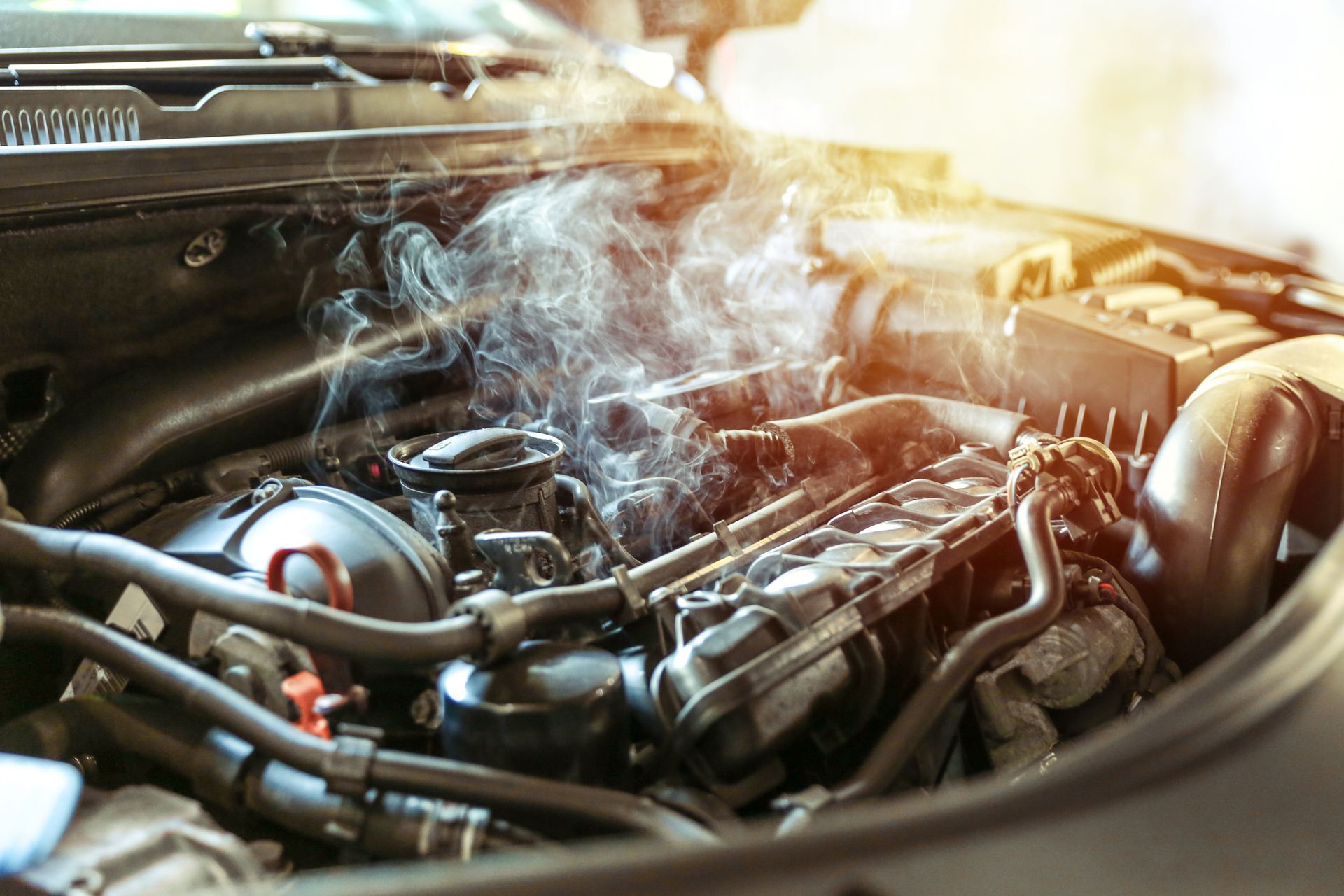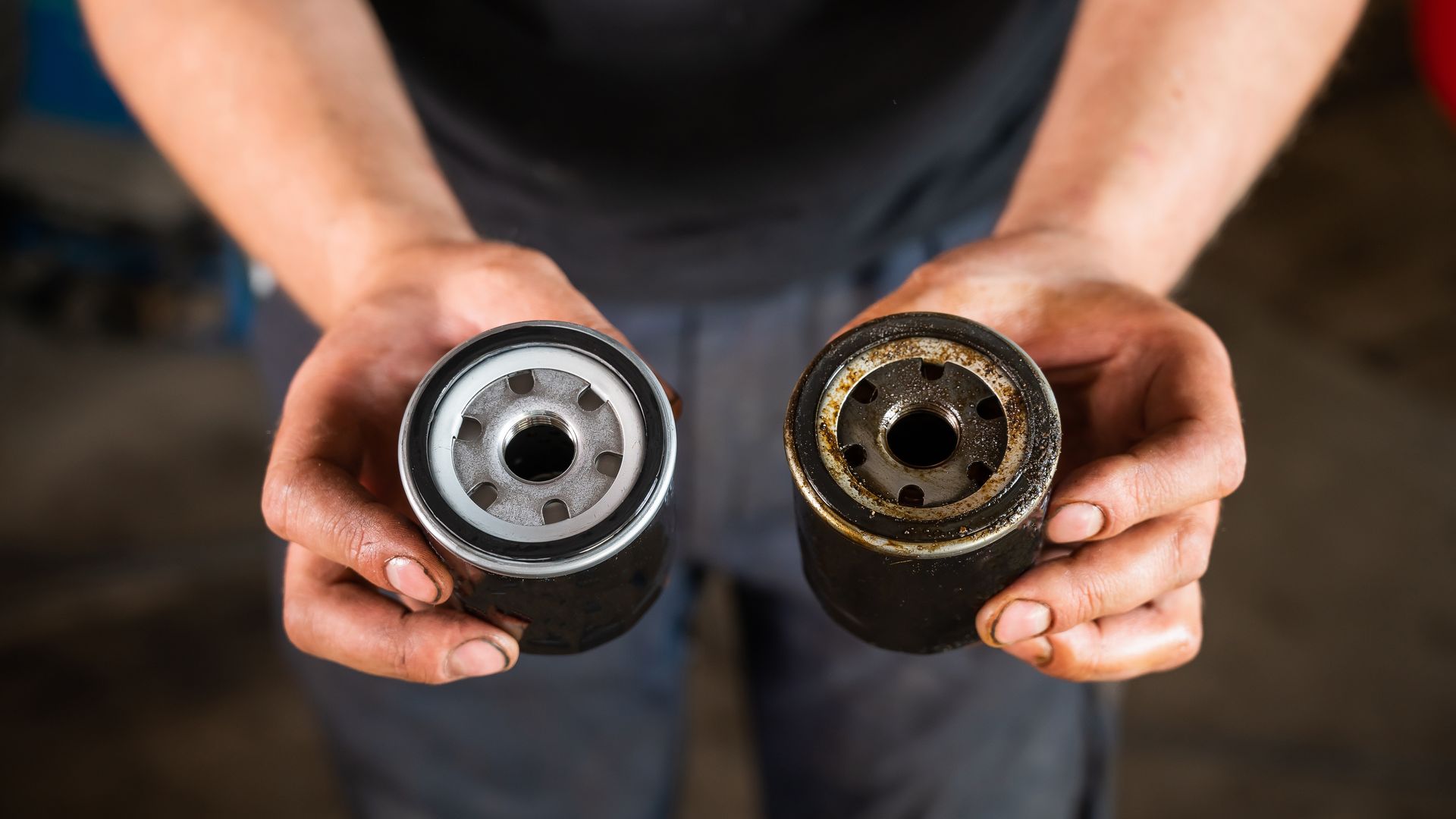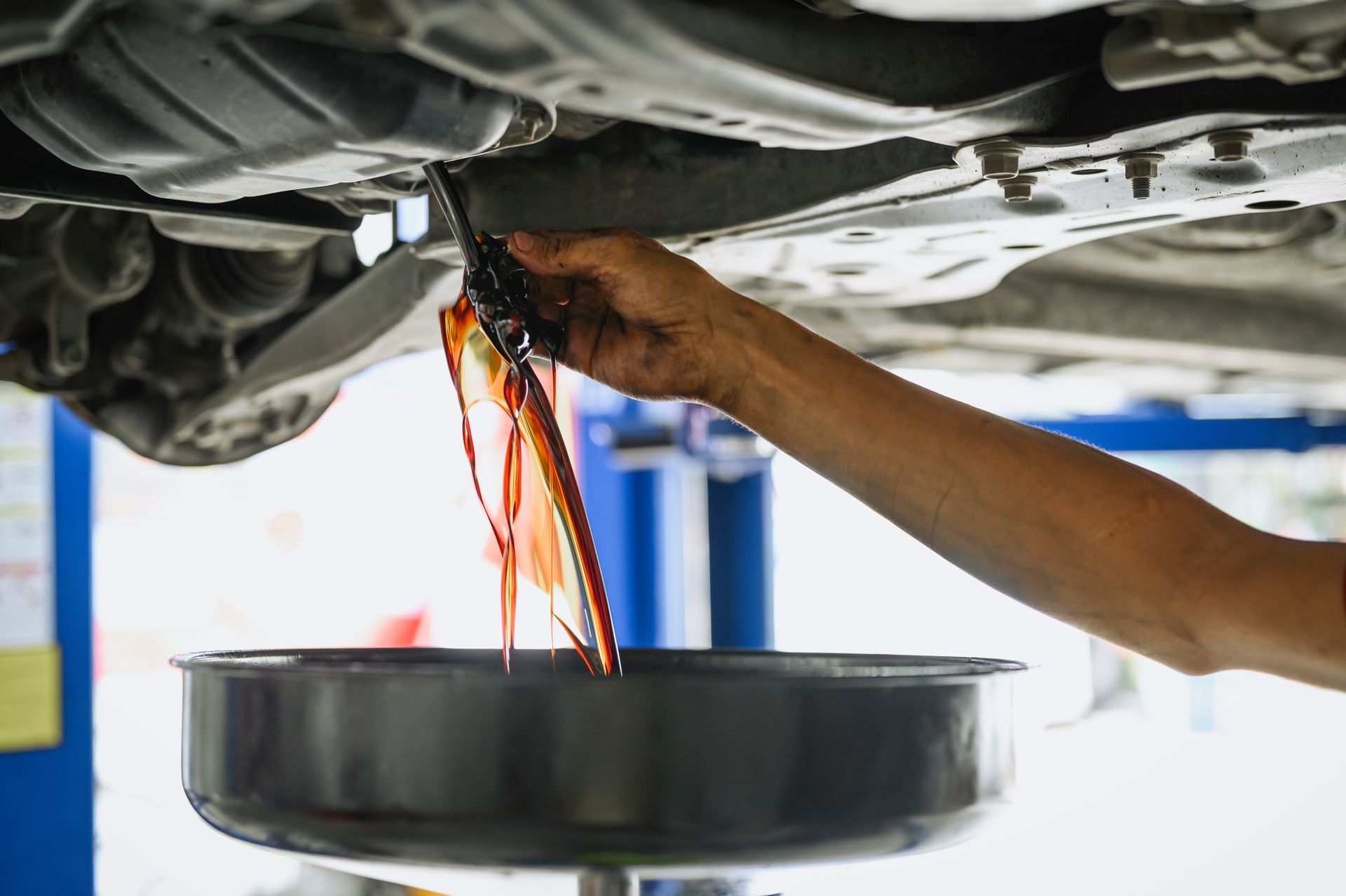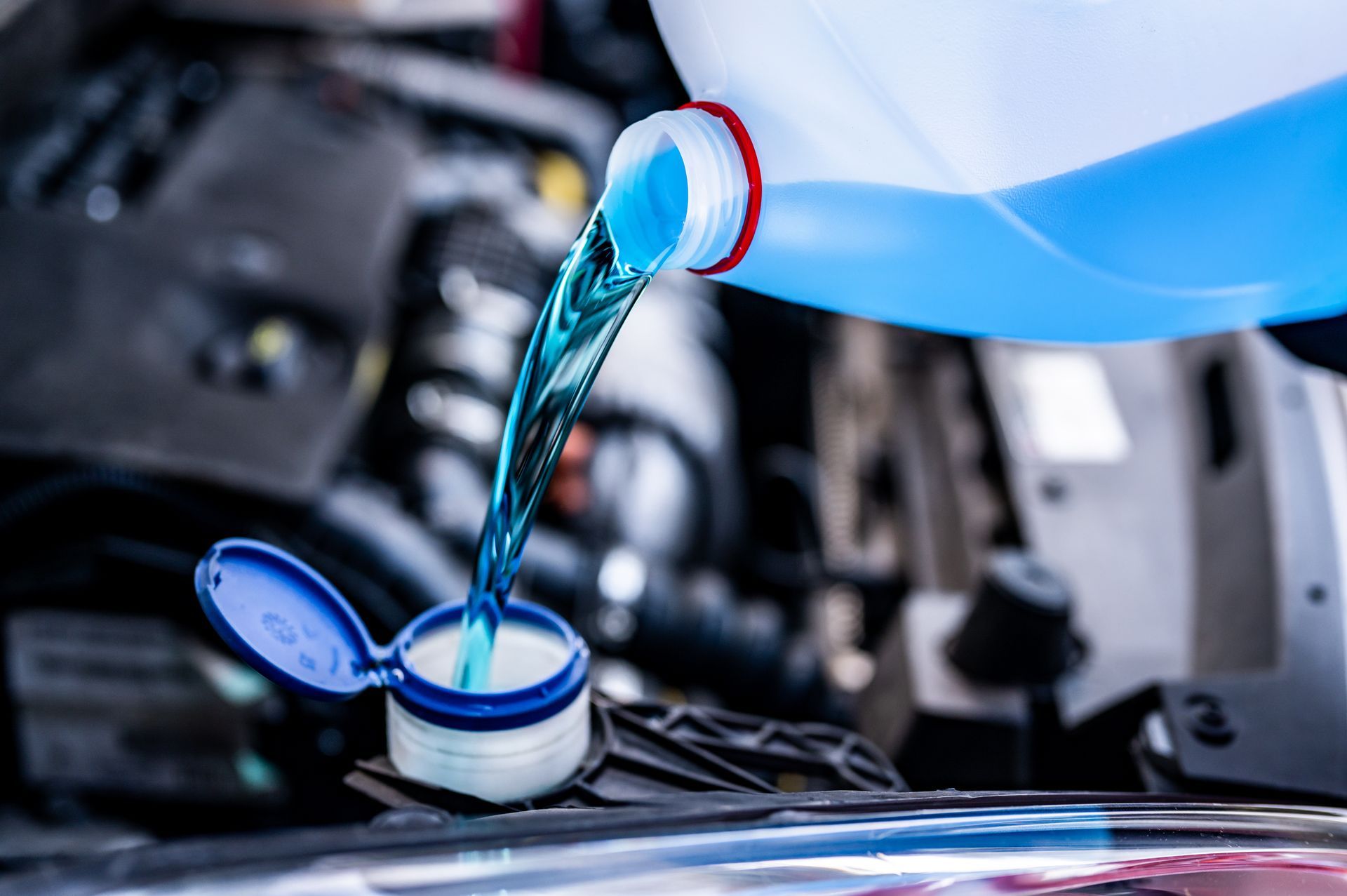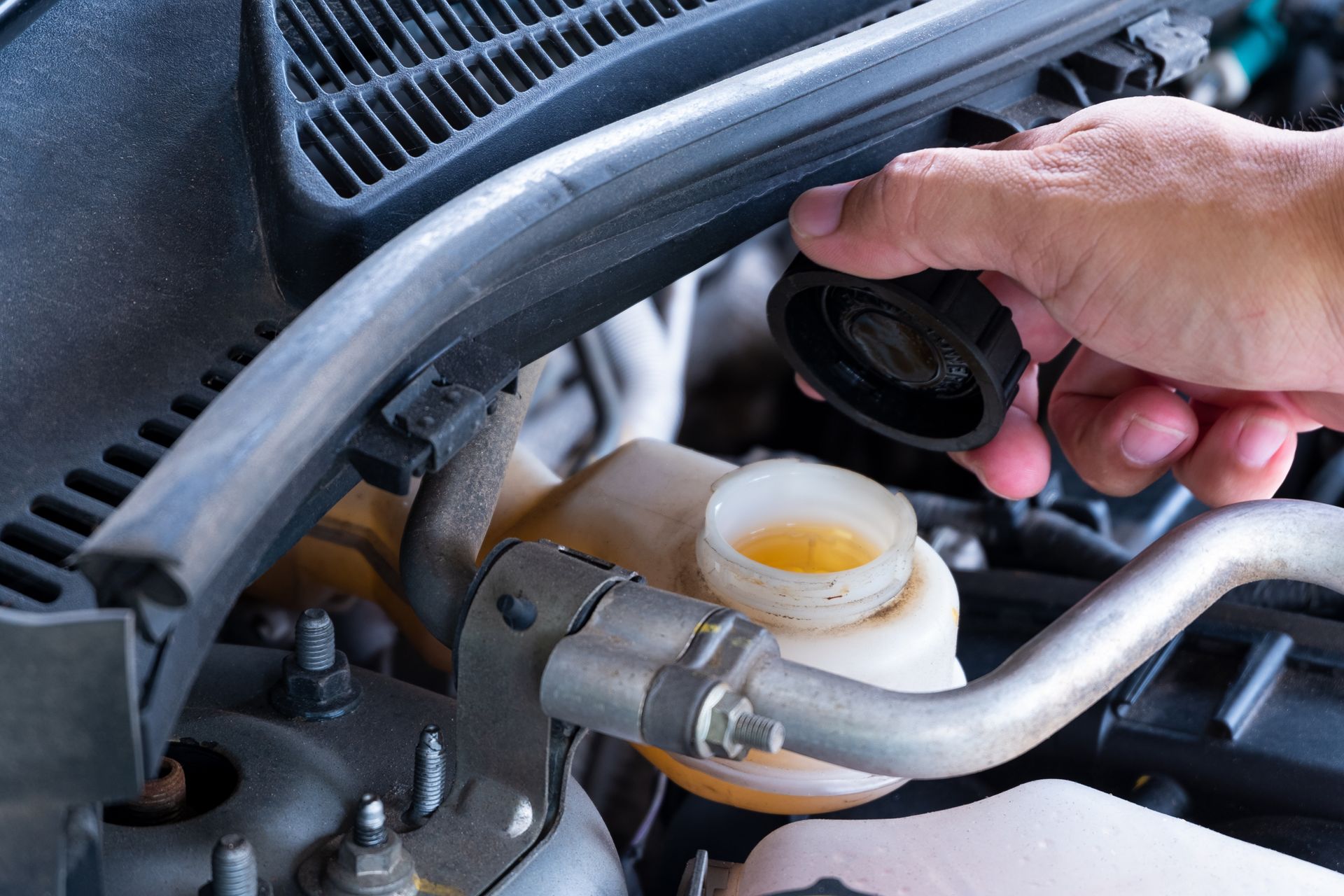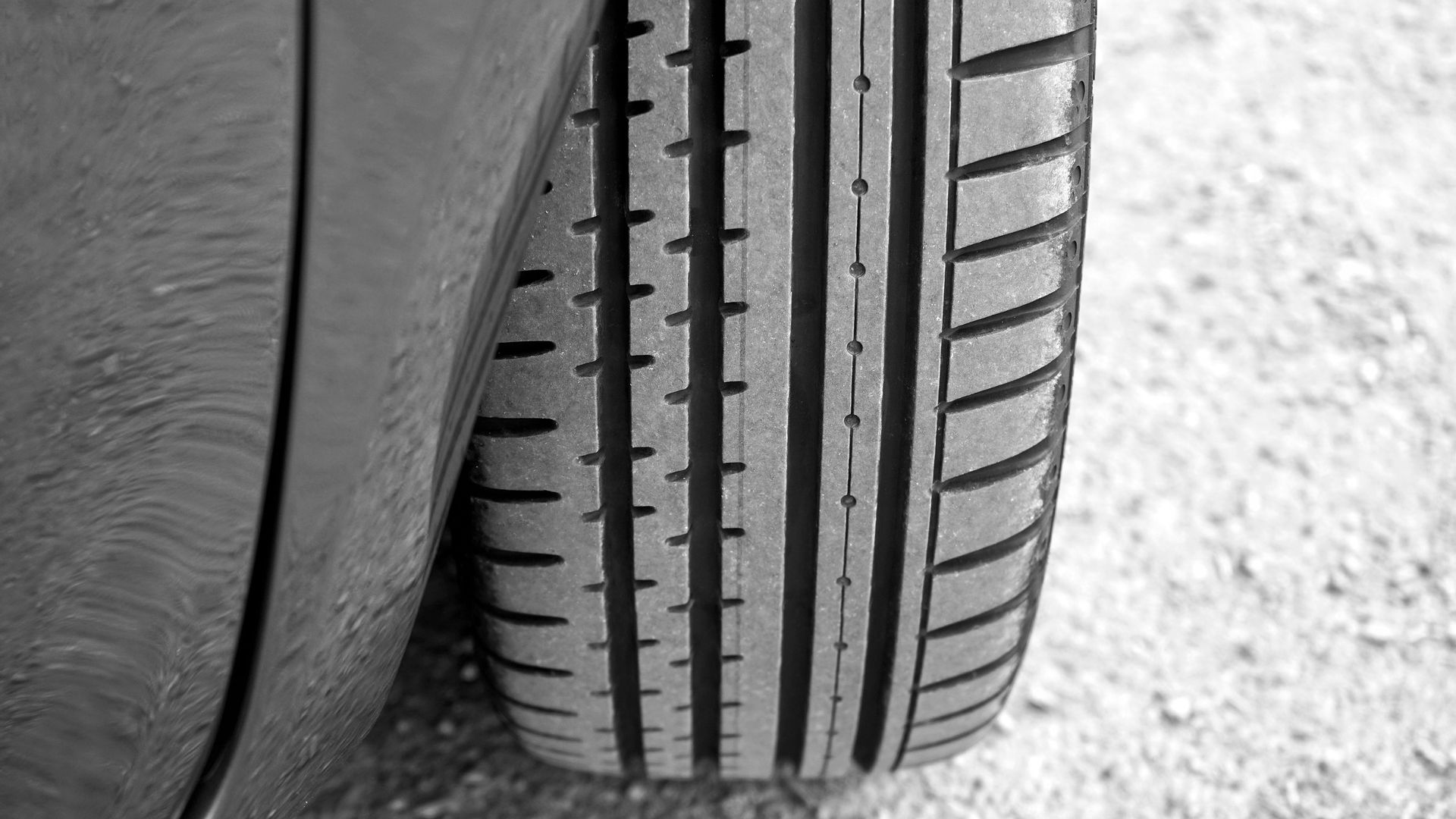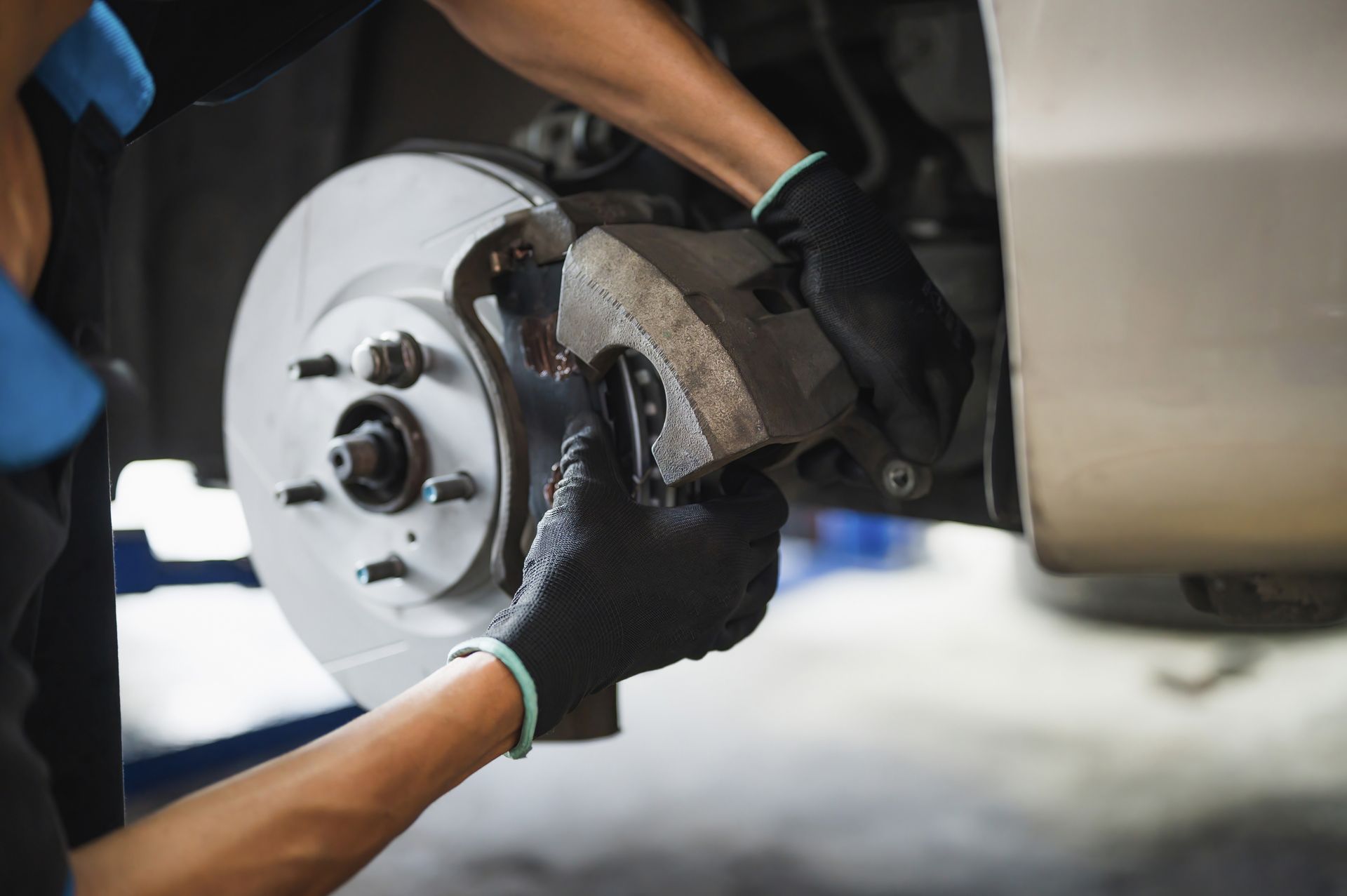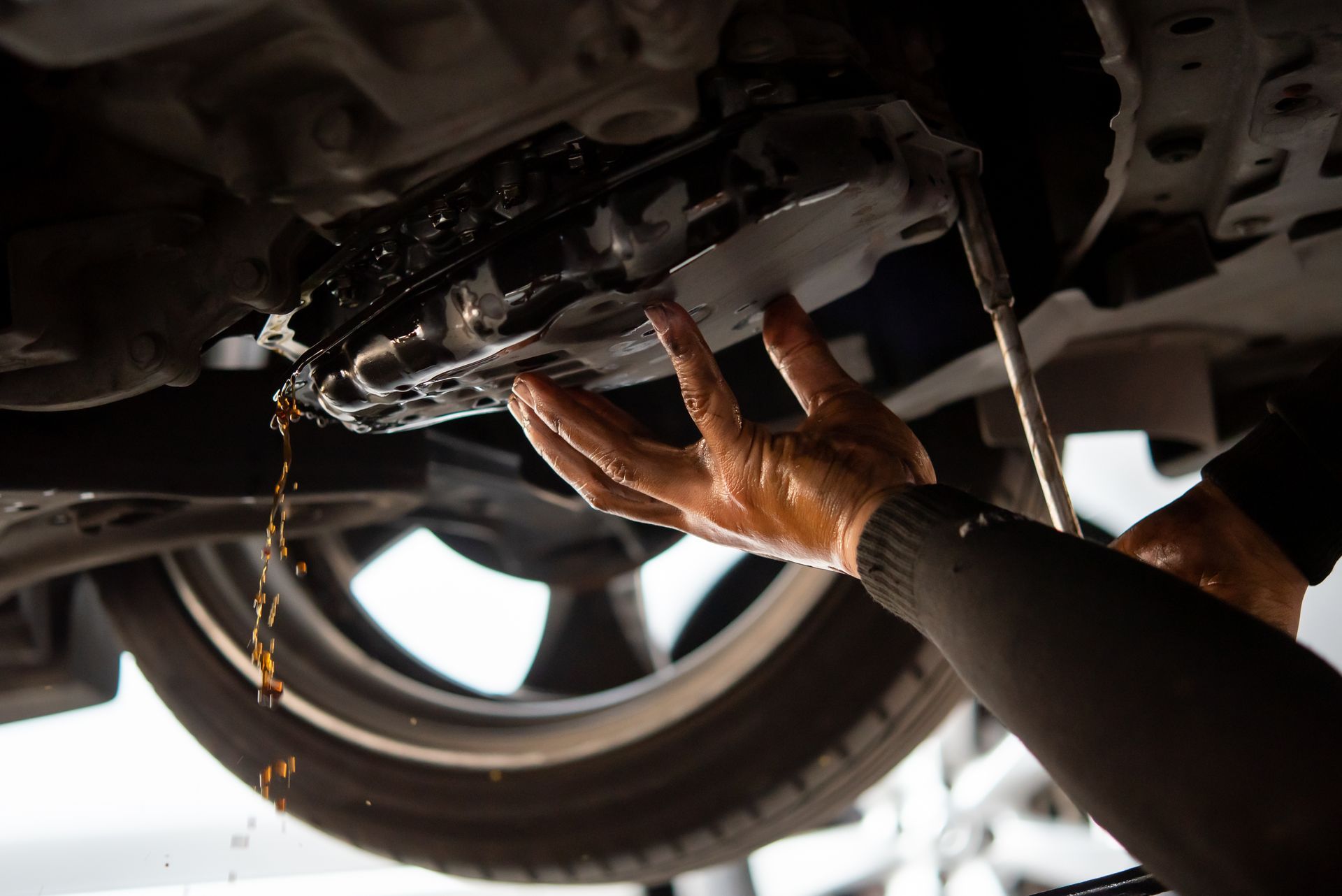At Nutech Auto Repair in Rowland Heights, we understand the importance of keeping your vehicle in optimal condition. Overheating can be a serious issue, potentially leading to major engine damage if not addressed promptly. In this comprehensive guide, we’ll explore the top causes of vehicle overheating and offer practical tips on how to handle them, ensuring you can drive safely and efficiently.
Understanding the Cooling System
Before diving into the common causes of overheating, it's crucial to understand the basics of your vehicle's cooling system. This system circulates coolant to absorb engine heat, which is then dissipated through the radiator. Proper maintenance of this system is key to preventing overheating.
1. Low Coolant Level
One of the most common reasons for a vehicle to overheat is a low level of coolant. Coolant can diminish over time due to evaporation or leaks. Regular Checks are vital:
- Inspect the coolant level in the overflow tank regularly.
- Ensure the radiator cap is secure and in good condition, as a faulty cap can cause coolant loss.
2. Radiator Issues
The radiator is crucial for dispersing heat. However, it can become clogged or damaged:
- Flush the radiator every two years.
- Inspect for physical damage or debris blocking the exterior fins.
- Check for rust and corrosion, which can inhibit efficiency.
3. Thermostat Failure
The thermostat controls coolant flow. A malfunctioning thermostat can stay closed, blocking coolant flow and causing the engine to overheat.
- Replace the thermostat if your vehicle consistently runs hotter than normal.
4. Water Pump Failures
This pump is the heart of the cooling system, circulating coolant. A leak or a worn-out bearing can lead to overheating.
- Listen for whining sounds from the pump area, a sign of bearing wear.
- Monitor for coolant leaks around the pump.
5. Belt and Hose Issues
Belts and hoses drive the water pump and connect system components. Over time, these can become brittle and crack.
- Inspect belts and hoses regularly for signs of wear and tear.
- Replace as necessary to avoid sudden failures.
6. Engine Oil
Low or old oil can contribute to overheating by not lubricating the engine effectively, causing increased friction and heat.
- Check oil levels monthly and change the oil as recommended by your vehicle’s manufacturer.
Preventative Measures
To prevent overheating, consider the following tips:
- Regular Maintenance: Stay up-to-date with your vehicle’s service schedule at Nutech Auto Repair.
- Monitor Gauges: Keep an eye on your temperature gauge, especially during hot weather or while towing.
- Heed Warnings: If the temperature gauge rises or the engine warning light comes on, pull over safely and call for assistance.
When Overheating Occurs
If your vehicle begins to overheat:
- Pull Over: Safely find a place to stop.
- Turn Off the Engine: This prevents further damage.
- Do Not Open the Hood Immediately: Wait for the engine to cool to avoid burns.
- Call for Help: Contact Nutech Auto Repair for a tow and professional assistance.
Understanding the causes of vehicle overheating and taking proactive steps to prevent it are key to maintaining your car’s health and your safety. At Nutech Auto Repair in Rowland Heights, CA, we’re committed to providing you with top-notch service and expert advice. Whether you need regular maintenance or emergency repairs, our team is here to help you keep your vehicle running smoothly.
